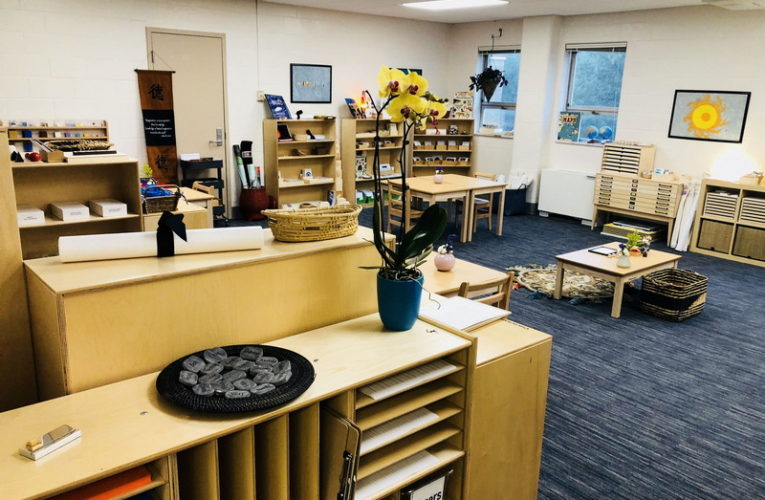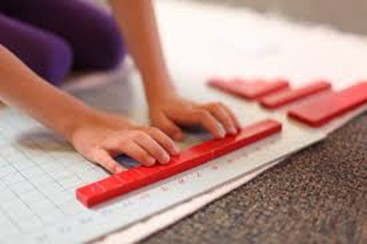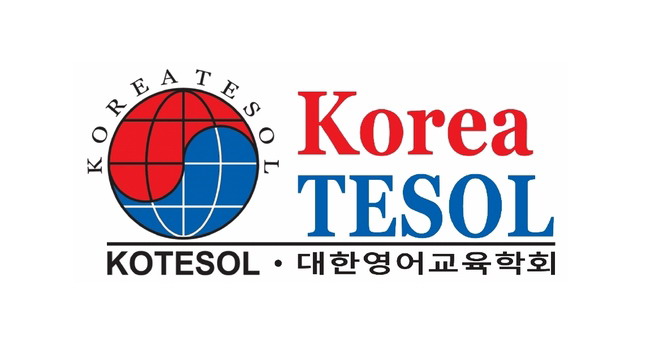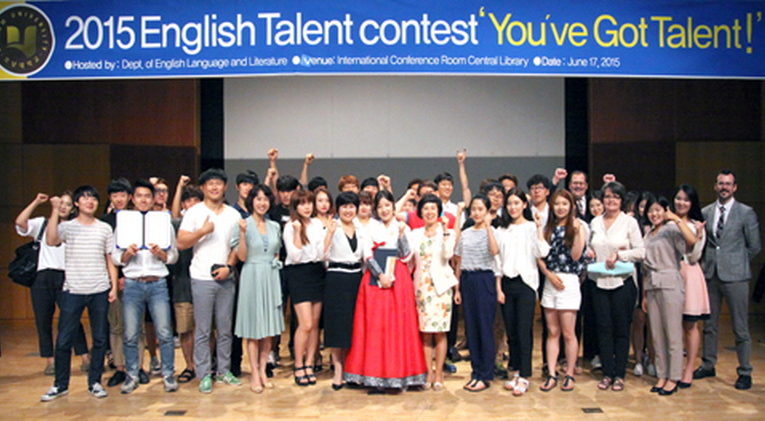Lifelong Learning and Experience: Practical Life
The main purpose of Practical Life Education in the Montessori classroom environment is to assist the children to control their body movement, teach them how to focus on their work, and help them to be more independent. Through all of these processes, students can build their own life skills and positive habits for their long journey.










